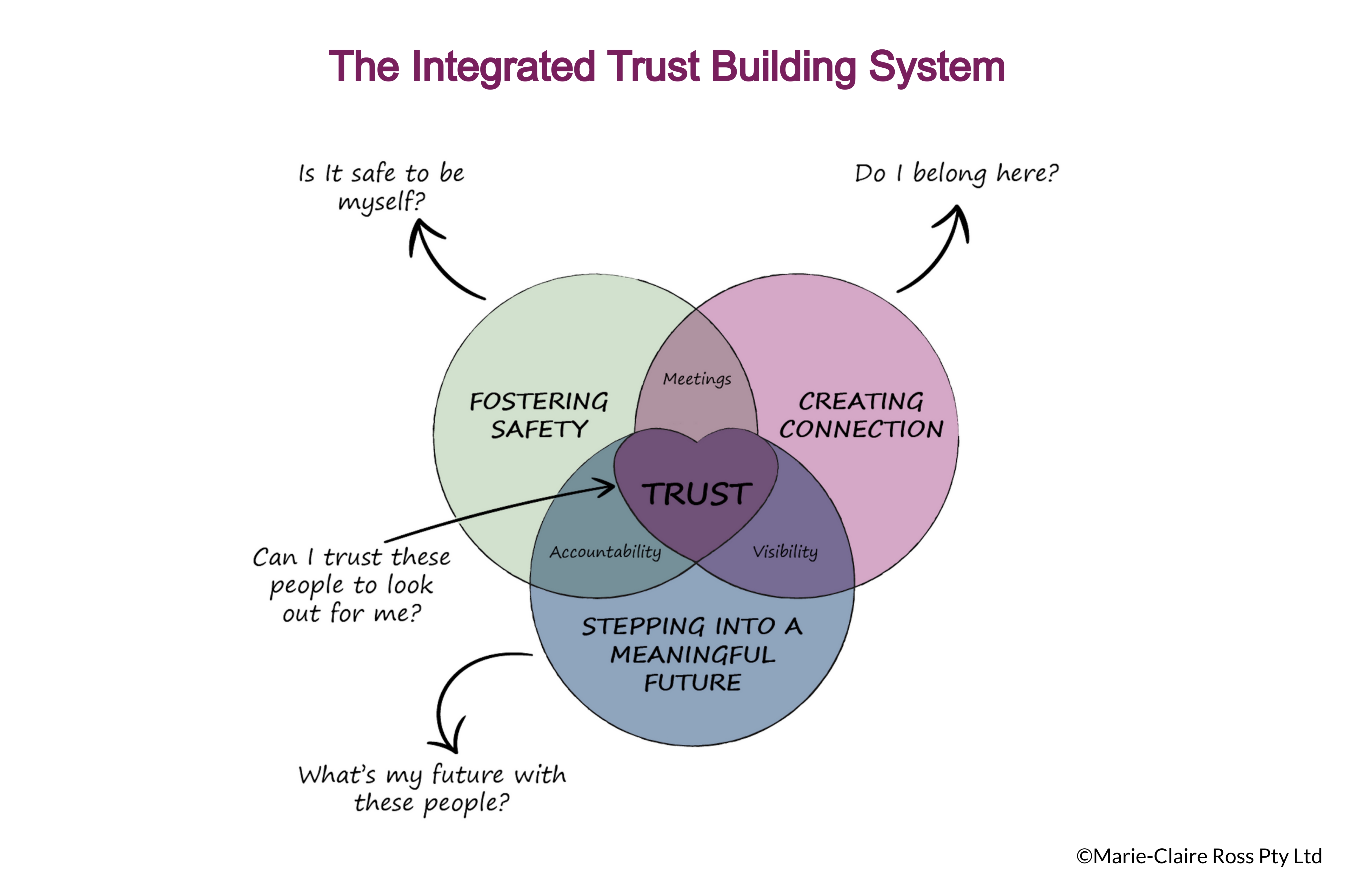
4 min read
6 Daily Interactions that Build Trust with your Direct Reports
Trust in business is foundational. It underlies every human relationship, every interaction, every communication, every initiative, every work project, and any strategic goal you aim to achieve.
Read More

















